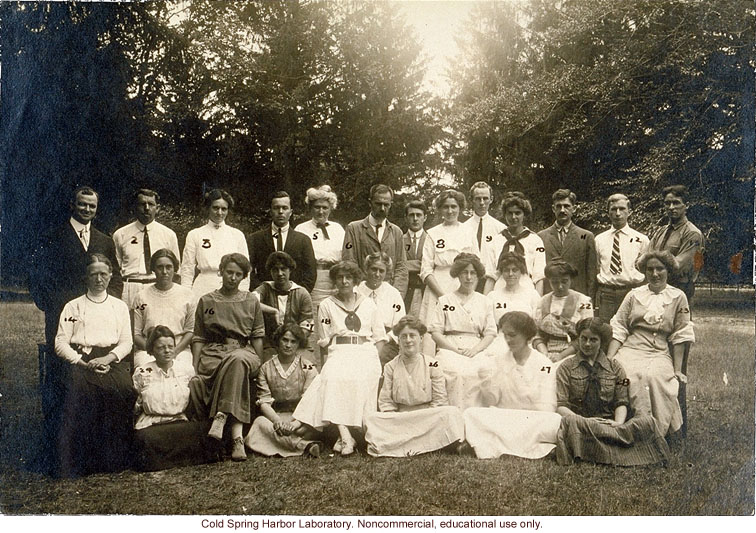Dysgenic Proportions: Gendered Science, Racial Defects, and the Making of Disability in California, 1900-1930
Isidro González
History
UC Santa Barbara
Under the aegis of eugenics—the science of better, hierarchized human breeding—California coercively sterilized 20,000 people, nearly one third of the 60,000 sterilized across the United States, from 1907 to 1979. My dissertation explores how a cohort of California eugenics field workers participated in extending the power and reach of eugenics regimens by cementing eugenic practices and methodologies in the non-biological domains of the social sciences. I argue that the success of eugenics in the early 1900s rested on the ability of white middle-class female social workers who aimed to create a space in which they could assert their positionality as, paradoxically, women scientists through the execution of their jobs as cold, ungendered, objective data collectors, as demanded by the heteropatriarchal state. The vast repository of data these field workers gathered on hereditary, social, and environmental contexts served as raw information for future studies of dysgenic—genetically and socially inferior—peoples, as well as a counterpoint to studies of genius. Employing a “shopfloor” analysis of eugenics and utilizing what science historian Rachel Ankeny calls “data journeys,” my dissertation reveals how able-bodied, heteropatriarchal, white supremacist, and Protestant nationalist field workers re-territorialized eugenic practices and methodologies in their subsequent careers.
Photo credit: Courtesy of Cold Spring Harbor Laboratory Archives, NY.

